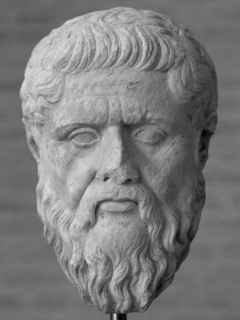
Publication details
Publisher: Springer
Place: Berlin
Year: 1997
Pages: 203-225
Series: Boston Studies in the Philosophy of Science
ISBN (Hardback): 9780792347637
Full citation:
, "Kant and the aesthetic-expressive vision of mathematics", in: The elusive synthesis, Berlin, Springer, 1997


Kant and the aesthetic-expressive vision of mathematics
pp. 203-225
in: Alfred Tauber (ed), The elusive synthesis, Berlin, Springer, 1997Abstract
Since Plato, aesthetic experience was understood as the encounter with the self-manifesting (self-expressing) authenticity of being. At the same time, the Western intellectual traditions were inclined to view mathematics as perhaps the purest form of human rationality. Since rationality was viewed as revealing of the authenticity of beings, the unity of mathematical and aesthetic experiences often appeared to philosophers as self-evident.
Cited authors
Publication details
Publisher: Springer
Place: Berlin
Year: 1997
Pages: 203-225
Series: Boston Studies in the Philosophy of Science
ISBN (Hardback): 9780792347637
Full citation:
, "Kant and the aesthetic-expressive vision of mathematics", in: The elusive synthesis, Berlin, Springer, 1997


